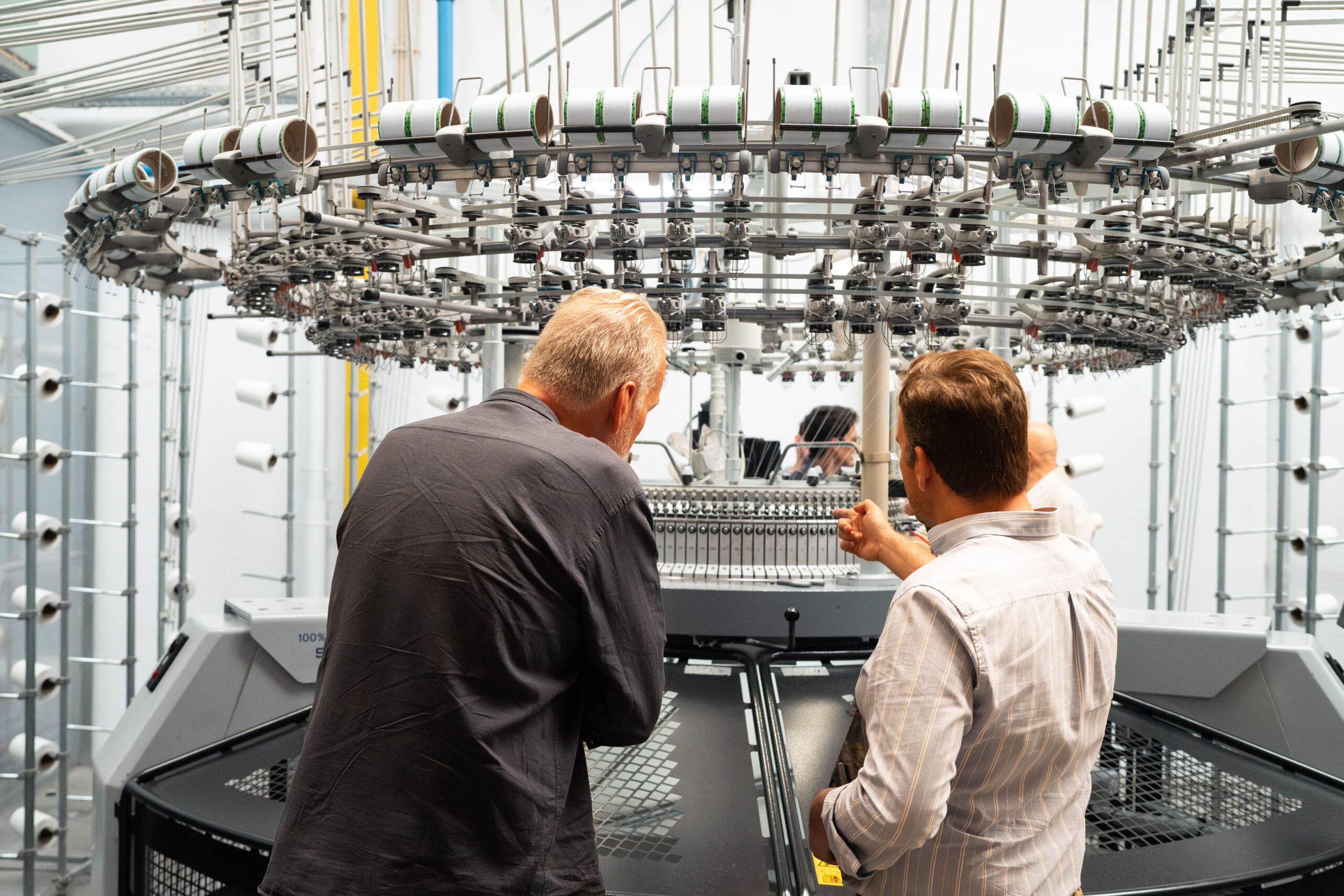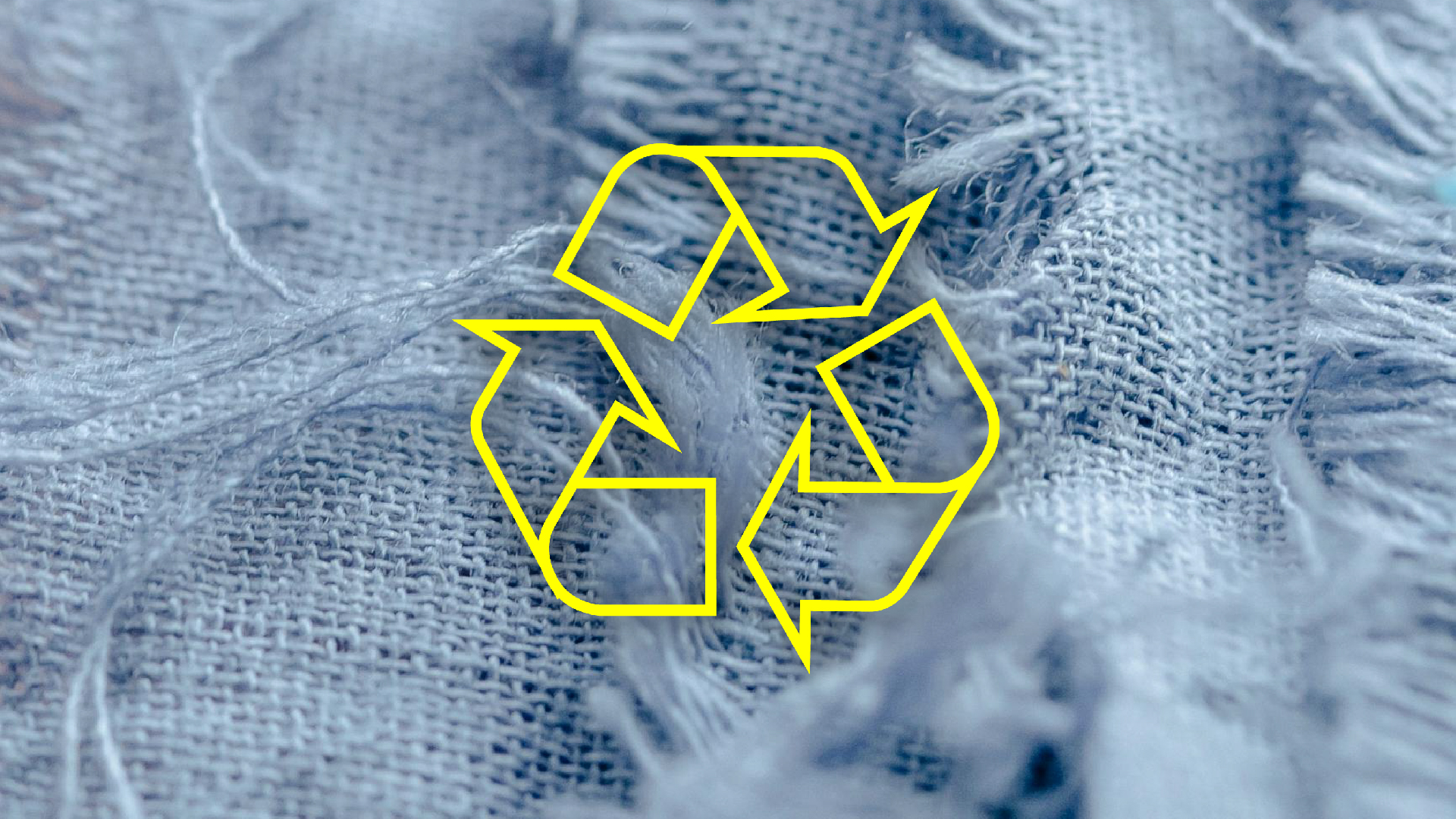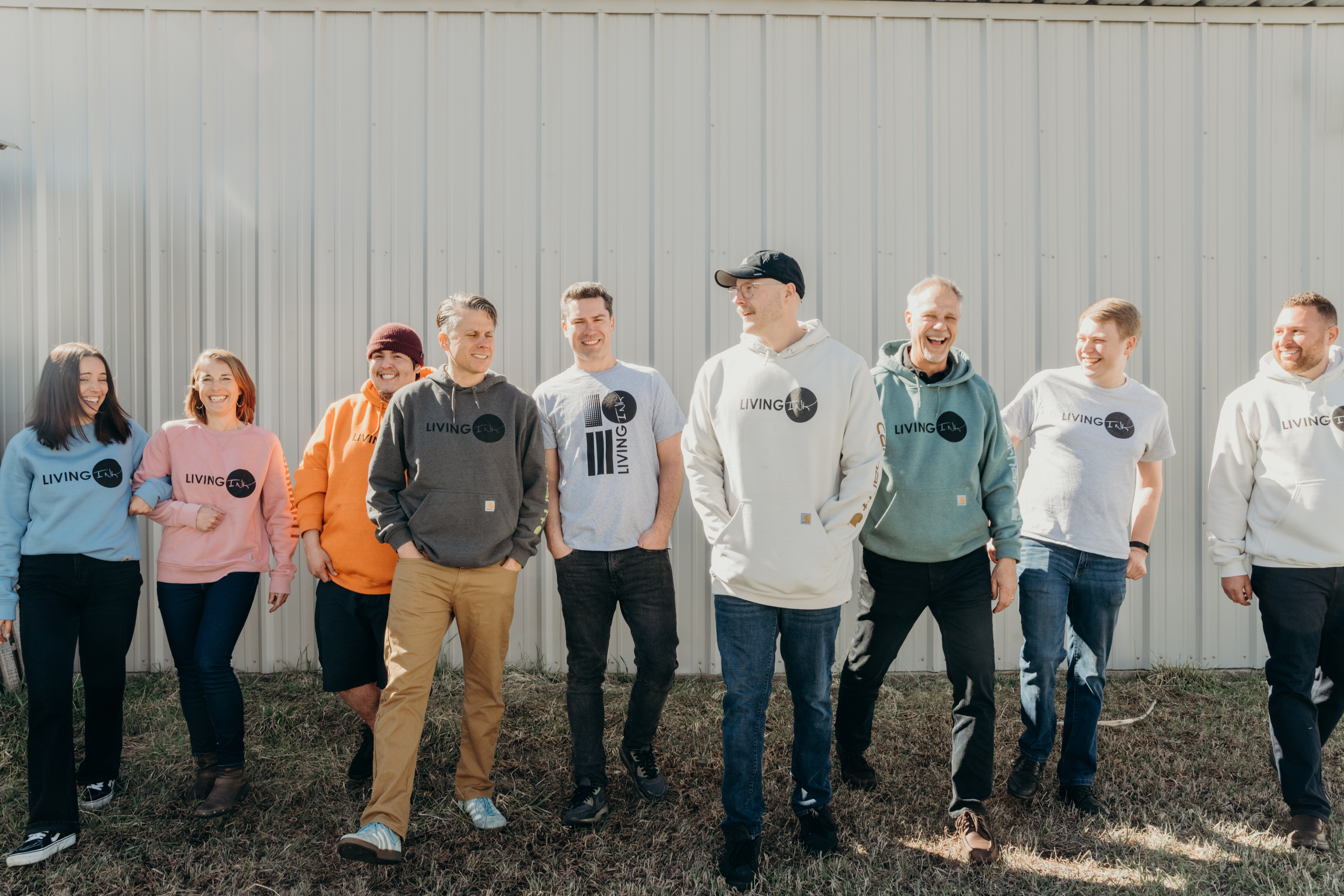Fifth Batch Of Innovators Start At Fashion for Good
18 March 2019
AMSTERDAM- As of today a new wave of innovators is joining the Fashion for Good-Plug and Play Accelerator. The world’s premier sustainable textile and circular fashion innovation platform welcomes the ten innovators below that aim to reshape the fashion industry for good. The programme involves a twelve-week curriculum, including mentorship and business development opportunities with the corporate partners.
The ten entrepreneurs that will compose the fifth accelerator batch, have been carefully selected from hundreds of applicants. While each innovator has a unique value-proposition, this batch has a focus on innovative data management, new materials, dyeing technology, and end of use solutions. The goal of the accelerator is to drive market validation and prime these technologies for implementation at scale. The selected companies are:
Checkerspot, Dimpora, FARFARM, FastFeetGrinded, IndiDye, Indigo Mills Designs, MonoChain, pondTextile, Pure Waste Textiles and VeChain.
Fashion for Good was launched in 2017 and is supported by C&A Foundation as a founding partner. The Accelerator Programme is part of Fashion for Good’s Innovation Platform, which also includes a Scaling Programme and the Good Fashion Fund. The Fashion for Good-Plug and Play Accelerator is run in collaboration with Plug and Play – the most active early-stage investor globally – and corporate partners adidas, C&A, Galeries Lafayette, Kering, PVH Corp., Target and Zalando. Together they are championing the replicable and scalable innovations that will accelerate the transition to a circular fashion industry.
Checkerspot is a technology platform that enables the design – at a molecular level – of new materials. Checkerspot’s technology unlocks the potential found in nature and expands the palette of high-performing materials available to product designers. The resulting products are better for our planet and better for generations to come.
Dimpora has invented a novel waterproof membrane material. Current waterproof membranes use toxic chemicals that bioaccumulate in the natural environment. Dimpora’s material is free of such chemicals but still delivers breathable and high-performing membranes. A fully biodegradable and waterproof membrane is under-development.
FARFARM develops responsible fabrics using Agroforestry systems that regenerate nature and communities in Brazil. They educate agricultural families to plant natural fibres such as cotton, jute, ramie and dye-producing plants using agroforestry principals that mimic nature, doesn’t require chemical fertilizers, all while restoring biodiversity and keeping a standing forest.
FastFeetGrinded seeks to make footwear circular by collecting and recycling used shoes into new shoes. Together with retailers, they collect used shoes that are then sorted and deconstructed into their component parts. These material streams are manufactured into new products like playground flooring but also feed back into the footwear manufacturing supply chain.
IndiDye has developed a new, low environmental footprint, dyeing method for their natural plant-based dyes. This new process uses sound waves to bind natural dyes to cellulosic fibres. Indidye’s technology uses less water, creates no wastewater, is biodegradable, and requires less energy than a conventional dyeing process. Indidye also produces a dye stuff and is developing a cellulosic fibre – both of which are 100% biodegradable.
Indigo Mills Designs is revolutionizing the Indigo dyeing process by making it more sustainable, more economical and faster. This patented state-of-the-art foam dyeing process produces zero water discharge and minimal dye waste all while producing deep indigo colours that the fashion industry loves.
MonoChain has developed an easy to integrate blockchain platform to bring primary and resale markets together to enable a circular economy and simultaneously combating fake products. MonoChain facilitates the reuse of fashion items and empowers brands to generate new revenue streams by connecting them to the resale market.
pondTextile has developed a 100% plant based, biodegradable resin, made to replace petroleum-derived polyester fibre used today. The material is derived from plant starch with the possibility for feedstock to be sourced from waste streams. pond Textile can serve as a glue/binder material or can be extruded as a fibre.
Pure Waste Textiles produces ecologically sustainable and premium quality recycled fabrics and yarns. They take offcuts and spinning waste from factories in India and mechanically recycle them into yarns. Their products are entirely made of recycled textile waste, sometimes combined with recycled polyester or viscose and offers the consumer the same quality and comfort as those made out of virgin materials.
VeChain is a blockchain-enabled product management platform. Using blockchain technology to secure product data enables retailers and manufacturers to easily collect, manage, and share product data across the supply chain all the way to the end consumer. Tagging systems are used to connect physical products with the digital world, facilitating transparency throughout the supply chain and product lifecycle.
Other Articles

In conversation with Smartex: Explore Smartex’s AI-driven solutions transforming quality control and reducing waste

Fashion for Good and Textile Exchange Team Up to Trace Textile Waste

